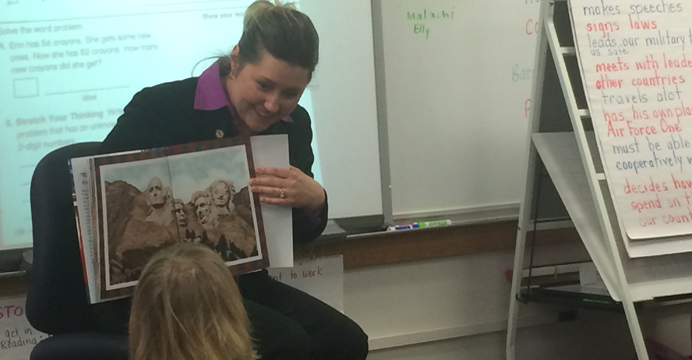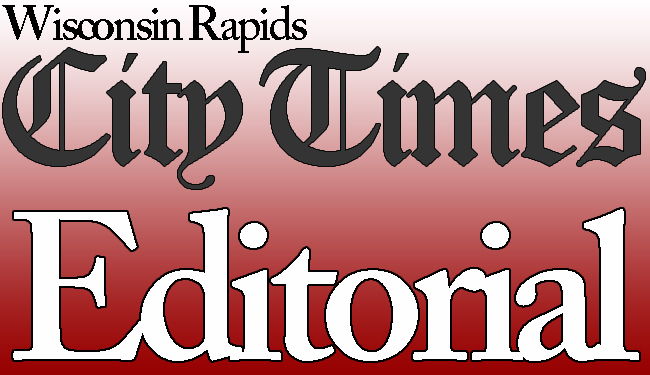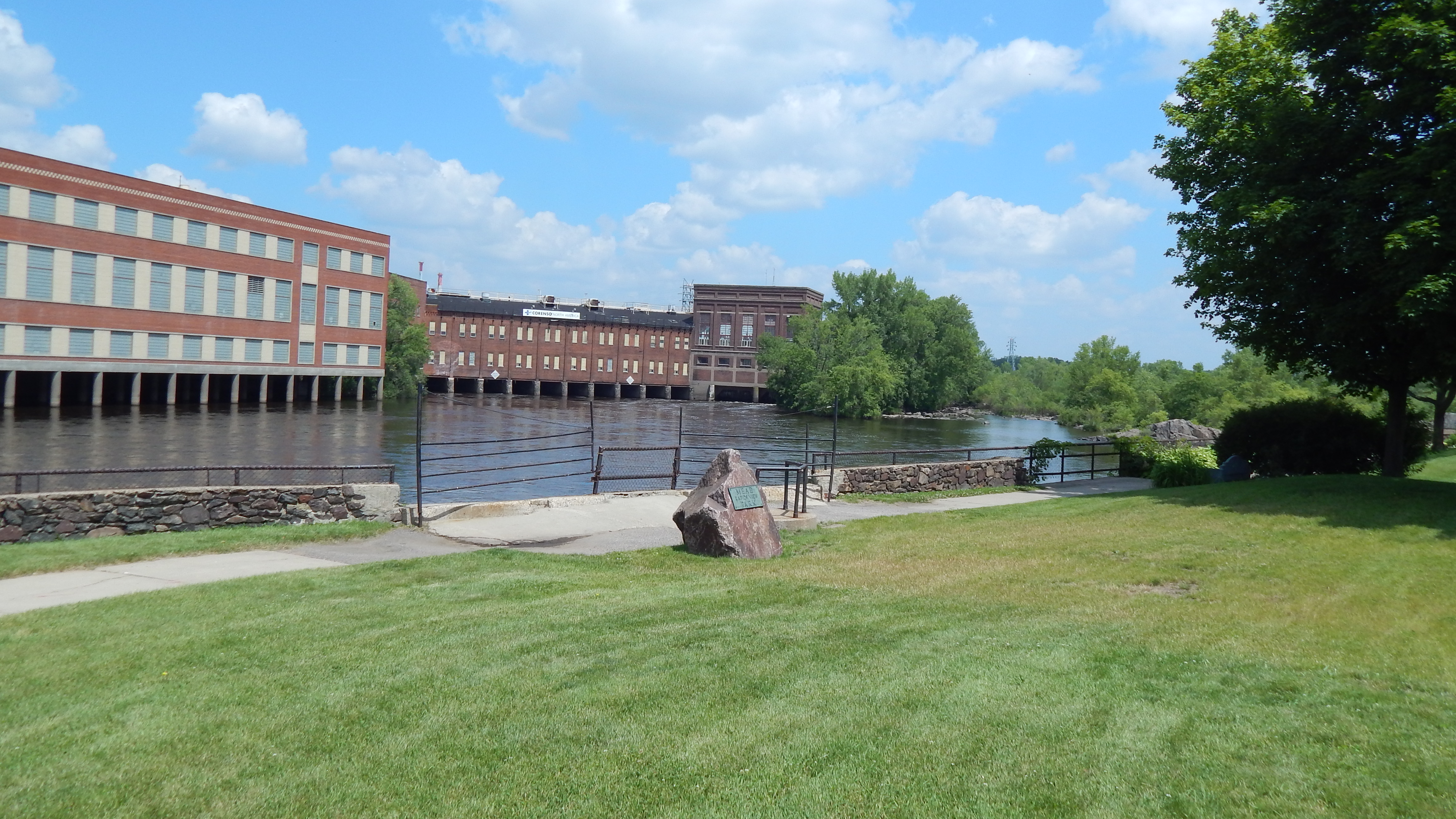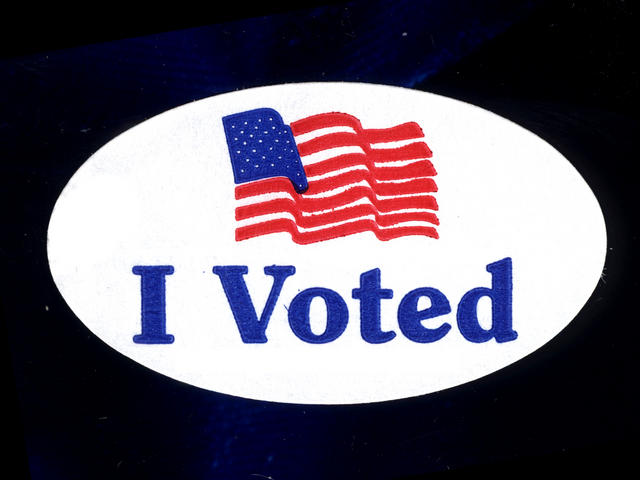Referenda Show That Wisconsin Values Public Schools

By State Senator Julie Lassa
This past Election Day, 55 public school funding referenda passed in communities all over Wisconsin. The referenda authorized school districts either to issue bonds to fund equipment and facilities or to increase property tax levy limits in order to meet operating expenses. These communities – large and small, urban and rural, conservative and progressive – essentially voted to increase their own taxes so that their children could continue to receive a good education.
In all, more than half of Wisconsin’s school districts since 2012 have passed referenda to exceed state-imposed revenue limits. The bright side is that this demonstrates that the people of Wisconsin truly value their public schools, and are willing to make the investments necessary to pay for them. They understand that their children’s success – and their own economic vitality – depends on providing the best possible education, and they vote accordingly.
The downside is that these referenda are necessary in the first place. In the school funding compromise reached in the late 1990s, limits were placed on the ability of school districts to raise property tax levies, in exchange for the state funding a larger share of school costs. This was intended to create property tax relief. But the state has not provided the two-thirds funding it promised, leaving schools ill-equipped to deal with the massive cuts under Governor Walker and the Republican legislative majority. As a result, more and more communities find themselves having to raise property taxes to make up for the cuts in state school aid. This has shifted more of the cost of educating our children on to the backs of homeowners and other property taxpayers.
Last week, State Superintendent of Schools Tony Evers submitted his budget request to the governor and Legislature. It calls for a modest increase of 2.7 percent in school funding the first year of the biennium, and another 5.4 percent in the second to enable the Department of Public Instruction to institute school funding reforms. These reforms would benefit rural and poor communities and enable all districts to make up for the erosion of inflation on their budgets.
This past election, many Republican candidates for the Legislature campaigned on their support for public schools. If they intend to make good on their promises, they would do well to pay careful attention to Superintendent Evers’s proposal. Funding for most school districts in the state remains well below the levels it was at when the Republicans took control of the Legislature and the governor’s office in 2011. In fact, 49 school districts statewide have lost more than half their general aid support. We can’t keep cutting public schools and expect to provide our kids with the quality education they need and deserve.
Our state is facing a skilled workforce shortage that is projected to become progressively worse. The survival of our industrial economy will require that young people entering the workforce have top-notch science, technology, engineering and mathematics skills. They will also need the creativity and critical thinking skills that music and the arts help develop. If Wisconsin lacks skilled workers, businesses will look elsewhere for employees – for instance in Minnesota, which has been investing in its public education at every level while Wisconsin Republicans have been cutting ours. We can’t keep expecting property taxpayers to make up for the state’s unwillingness to live up to its commitments – especially since the state apparently has plenty of money for tax breaks for the wealthy and well-connected. For the success of our kids and the economic future of our state, it’s time that we reinvest in our public schools.





